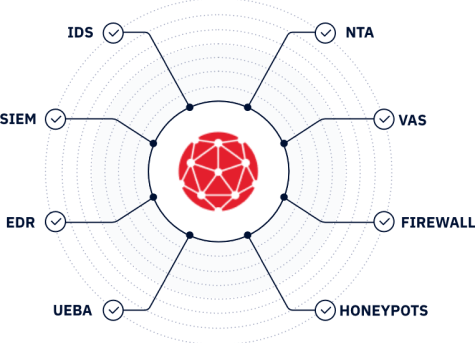Overview
The GDPR rules designed to ensure you review your cyber defences
For all organisations that process personal data, the GDPR makes it important to understand and introduce measures to review and mitigate cyber security risks. This includes the need to:
- Have suitable safeguards in place to protect data
- Detect and report breaches
- Conduct Data Protection Impact Assessments
Personal data
Protecting personal data
To achieve GDPR compliance, organisations need to have appropriate technical and organisational measures in place to protect personal data against unauthorised or unlawful processing, accidental loss, destruction and damage (Article 5).
Article 32 states that security processing should include:
1.
2.
Request more information
Get in touchDPIA
Data Protection Impact Assessments
In situations where data processing is likely to result in high risk to individuals, such as when a new technology is deployed or where special categories of data are processed on a large scale, the GDPR requires organisations to conduct a Data Protection Impact Assessment (DPIA). A DPIA should include:
- A systematic description of processing operations, including the purpose for the processing
- An assessment of the necessity and proportionality of the processing operations
- An assessment of the risks to the rights and freedoms of individuals
- Measures to address identified risks, including safeguards and mechanisms to ensure the protection of personal data
GDPR Solutions
Tailored solutions for GDPR compliance
By helping you to understand and address gaps in your organisation’s cyber security as well as proactively detect and respond to threats when they occur, Redscan’s managed security and assessment services support swift, hassle-free GDPR compliance.
Get in touch
Complete the form for a prompt response from our team.

Resources










